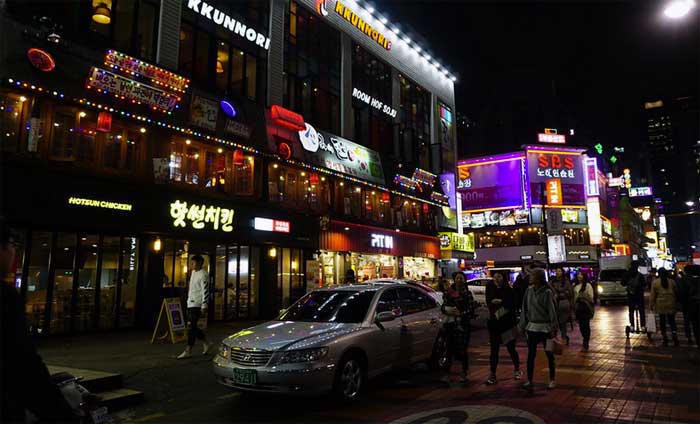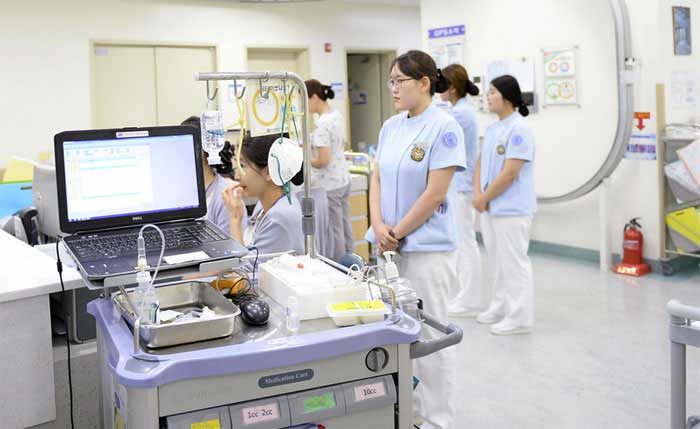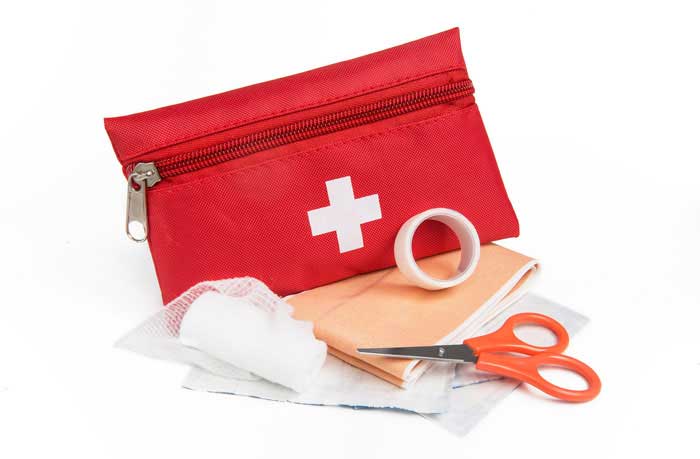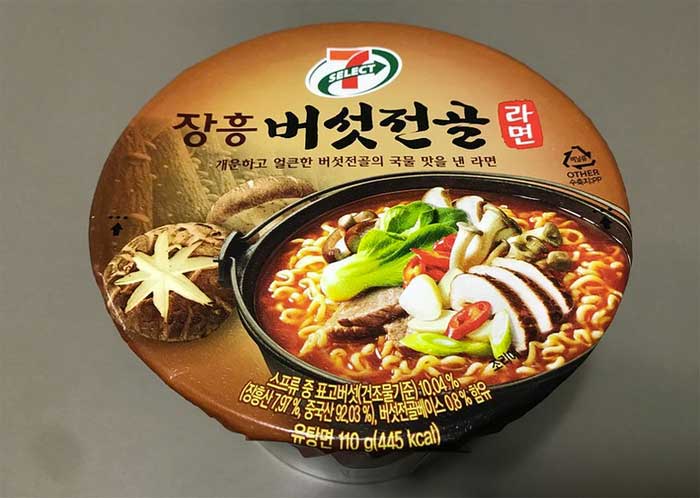We offer general useful information in terms of travel advice, money and preemptive measure prior to travelling to South Korea.
Make sure you exchange money to get some local currency- the South Korean Won - prior to travelling. Oh can still do it in South Korea unless you're trying to change Scottish or Northern Irish bank notes. There are places, such as food vendors on the street, that do not accept credit cards. Although there are ATMs scattered all over the major cities, they do not always accept foreign cards. Keep an eye out for those displaying a sign saying "Global", as they normally accept foreign cards and they might be your last resource at some point.
You might also want to prepare yourself for a natural disaster, such as a typhoon, particularly from June to November. Make sure you monitor the progress of an impending storm on the Korean Meteorological Administration website and follow any advice given by the local authorities.
For any other emergency you face abroad, contact the nearest British embassy, consulate or high commission. If you need help immediately because something has happened to a friend or relative while they were abroad, contact the Foreign and Conmonwealth Office (FCO) in London.
The British Government website offers a foreign travel checklist to help you plan for your trip abroad and stay safe while you are overseas.
"The FCO travel advice helps you make your own decisions about foreign travel. Your safety is our main concern, but we can't provide tailored advice for individual trips. If you're concerned about whether or not it's safe for you to travel, you should read the travel advice for the country or territory you're travelling to, together with information from other sources you've identified, before making your own decision on whether to travel. Only you can decide whether it's safe for you to travel.
"When we judge the level of risk to British nationals in a particular place has become unacceptably high, we'll state on the travel advice page for that country or territory that we advise against all or all but essential travel.
"Our crisis overseas page suggests additional things you can do before and during foreign travel to help you stay safe.
Although in some cases it might not be possible or it might be too late, if you wish to cancel or change your holiday, your travel company is the one you should contact.
"The question of refunds and cancellations is a matter for you and your travel company. Travel companies make their own decisions about whether or not to offer customers a refund. Many of them use our travel advice to help them reach these decisions, but we do not instruct travel companies on when they can or can't offer a refund to their customers."
You should visit the Citizen's Advice Bureau website if you wish to get more information about your rights. If you have problems with a flight booking, the website of the Civil Aviation Authority is the place to visit. "For questions about travel insurance, contact your insurance provider and if you're not happy with their response, you can complain to the Financial Ombudsman Service.
If you are a British National and you need more information about travelling abroad that isn't covered in our foreign travel advice or elsewhere on GOV.UK, you can submit an enquiry on their official website. Although they are not able to provide tailored service for specific trips, they are a wealth of information.




